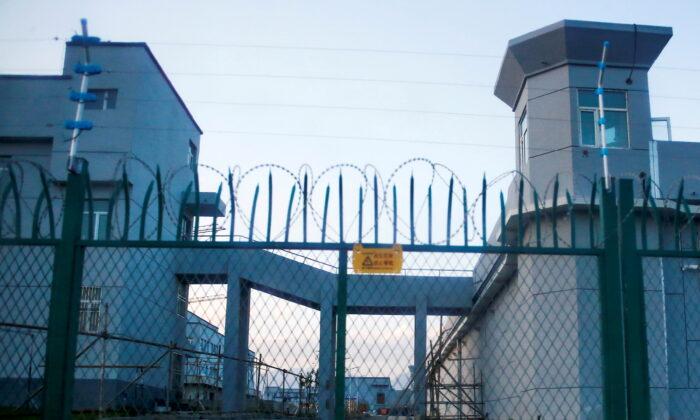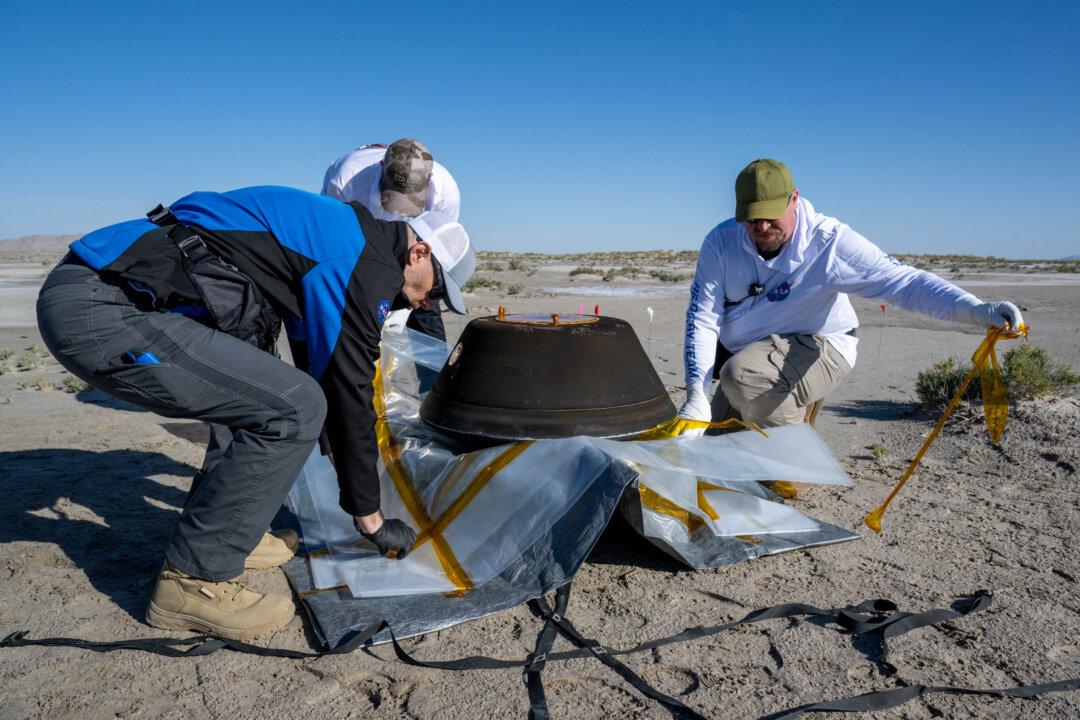The Biden administration imposed trade bans on five Chinese companies over forced labor allegations in Xinjiang, the White House said on June 24, citing the G7’s recent pledge to clean up the global supply chain.
It ordered a ban on U.S. imports of a key solar panel material from Chinese-based Hoshine Silicon Industry Co and separately restricted exports to Hoshine, three other Chinese firms and the paramilitary Xinjiang Production and Construction Corps (XPCC), saying they were involved with the forced labor of Uyghurs and other Muslim minority groups in the Chinese province.
The U.S. Department of Labor also added polysilicon produced with forced labor in China to its “List of Goods Produced by Child Labor or Forced Labor”.
“These actions demonstrate our commitment to imposing additional costs on the People’s Republic of China (PRC) for engaging in cruel and inhumane forced labor practices and ensuring that Beijing plays by the rules of fair trade as part of the rules-based international order,” the White House said.
Beijing has denied accusations of genocide and forced labor in Xinjiang.
Chinese Foreign Ministry spokesman Zhao Lijian, reacting to earlier reports of the U.S. action, said on Thursday China would take “all necessary measures” to protect its companies’ rights and interests.
The three other companies added to the U.S. economic blacklist were Xinjiang Daqo New Energy Co, a unit of Daqo New Energy Corp; Xinjiang East Hope Nonferrous Metals Co, a subsidiary of Shanghai-based manufacturing giant East Hope Group; and Xinjiang GCL New Energy Material Co, part of GCL New Energy Holdings Ltd.
At least some of the companies are major manufacturers of monocrystalline silicon and polysilicon used in solar panel production.
The White House, in its statement, said the companies’ practices not only ran counter to American values but also tipped the scales against U.S. workers “by exploiting workers and artificially suppressing wages”. It noted the Biden administration’s push to boost the U.S. solar industry.
Having the U.S. Customs and Border Patrol seize imports from Hoshine was “based on information reasonably indicating that Hoshine used forced labor to manufacture silica-based products,” it added.
Hoshine Silicon Industry earlier said on an interactive investor platform that it does not export industrial silicon to the United States directly, which would limit the ban’s impact.
Xinjiang Daqo New Energy Co, in an email to Reuters, said it had “zero tolerance” towards forced labor, and does not directly sell or buy from the United States so there would be no “significant impact” on its business.
The other companies or their parent firms, including XPCC, did not to requests for comment, or could not be reached.





